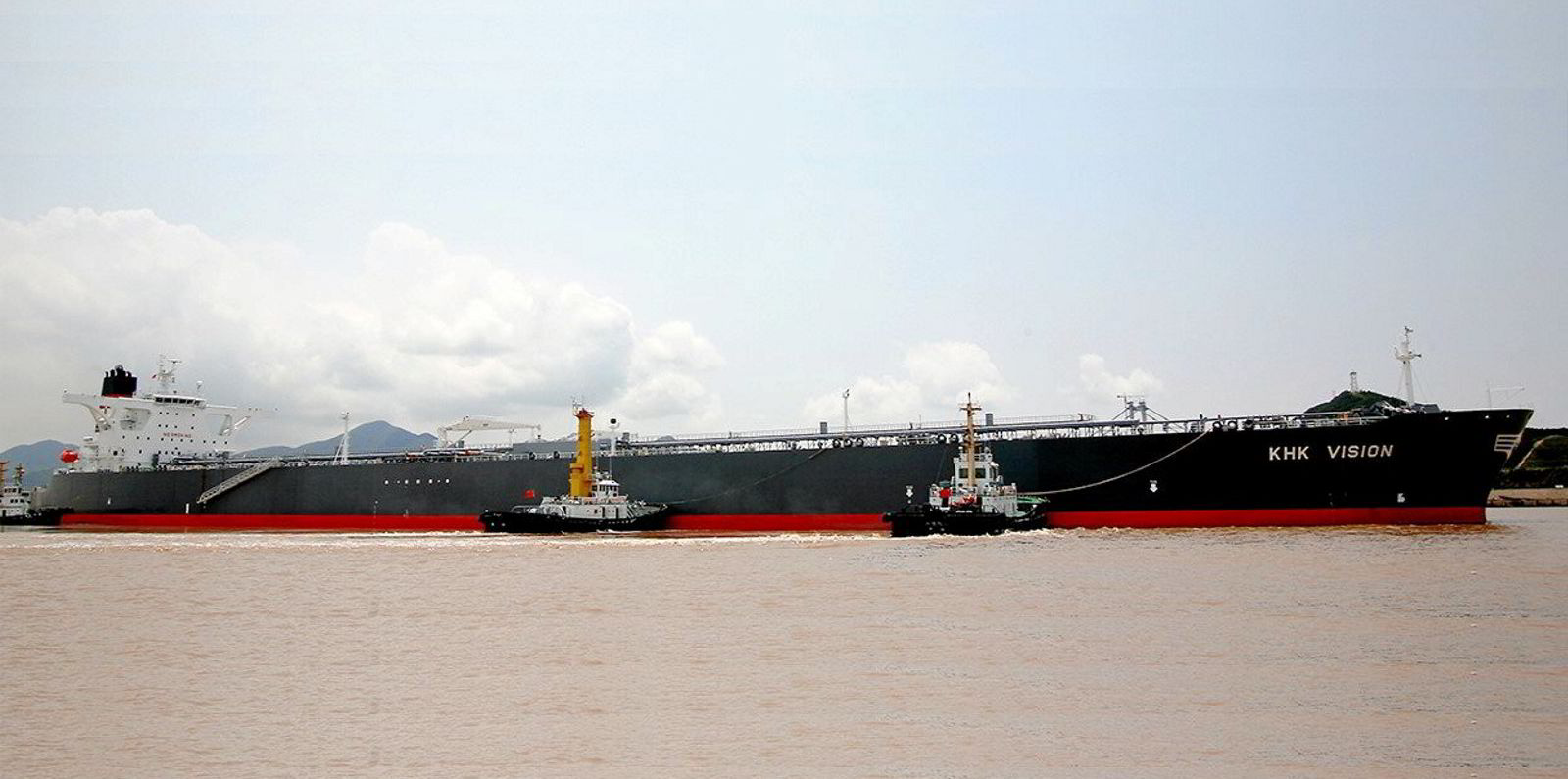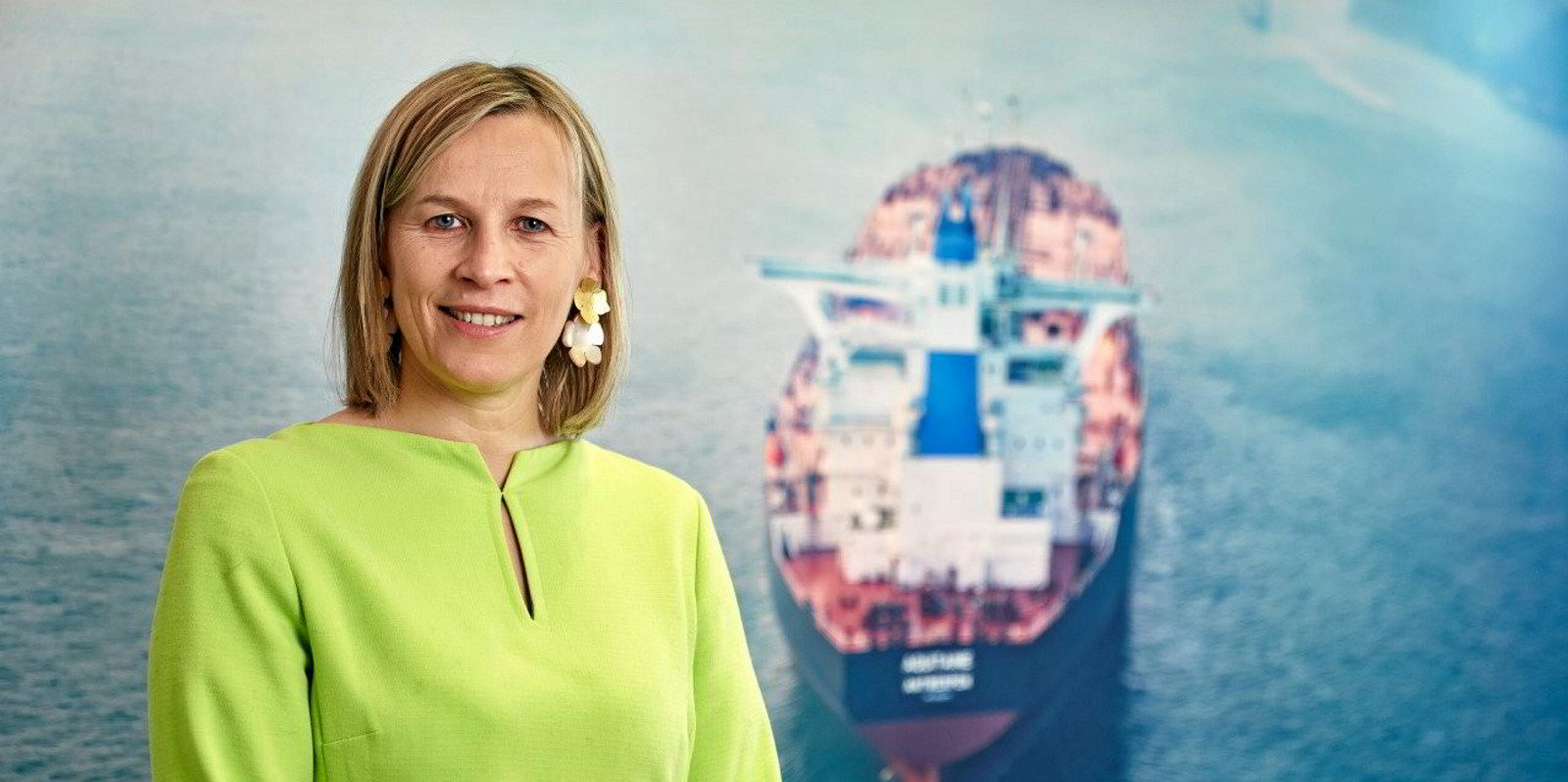New York-listed Teekay Tankers looks set to keep splashing the cash on tanker buybacks after third-quarter earnings reached an all-time high.
So far in 2023, the suezmax and aframax/LR2 specialist has bought back 19 ships from sale-and-leaseback financing arrangements for $364m.
Teekay Tankers said there are still eight tankers remaining on leases and these can be repurchased from the first quarter of 2024.
The owner’s cash pot is growing after a strong three months to 30 September.
This period saw the best midsize tanker spot rates in the past 15 years, as well as the highest third-quarter profit in Teekay Tankers’ history.
Net earnings were $81.4m, compared with $68.1m a year ago, while revenue rose to $285.9m from the 45 ships, against $279.4m.
Voyage expenses were cut to $113.3m, from $135m last year.
Teekay Tankers also said profit was boosted by a lower number of scheduled drydockings and the start of five charter-in contracts between the third quarter of 2022 and the first quarter of 2023.
The company wrote back a $5.8m tax charge as well.
The cash dividend will be $0.25 per share.
Charter extended
The owner revealed it has signed a one-year extension option to keep a chartered-in ship at a rate of $21,250 per day.
There are eight chartered-in vessels costing an average of $25,400 per day.
The owner logged suezmax spot rates of $34,954 per day in the third quarter, down from $57,566 in the second period.
For aframaxes/LR2s, this figure was $36,579, against $50,100.
So far in the fourth quarter, 42% of suezmax days have been secured at $26,500, with aframaxes/LR2s on $38,800 from 37% of days booked.
Teekay chief executive Kevin Mackay said there was “pronounced volatility” in the spot market.
“However, the strength of underlying tanker market fundamentals enabled Teekay Tankers to achieve our highest third-quarter rates since 2008 and our highest-ever third-quarter adjusted net income,” he said.
Mackay added that the company has maintained spot market exposure and exercised options to extend some chartered-in tankers at very attractive rate levels.
‘Seasonal disruptions’
He noted that so far in the fourth quarter, Russian and Saudi Arabian export volumes have recovered from the summer lows, returning both trade volumes and freight rates to levels enjoyed earlier in the year.
“As we factor in normal seasonal disruptions such as weather and logistical delays, we anticipate these strong freight rates will continue to positively impact our quarter-to-date and early-2024 performance,” Mackay said.
Looking further out, with oil demand expected to increase, shipyard capacity almost full until the end of 2026 and few crude tankers delivering during that period, he believes the company “is very well positioned for what could be an extended period of market strength”.






